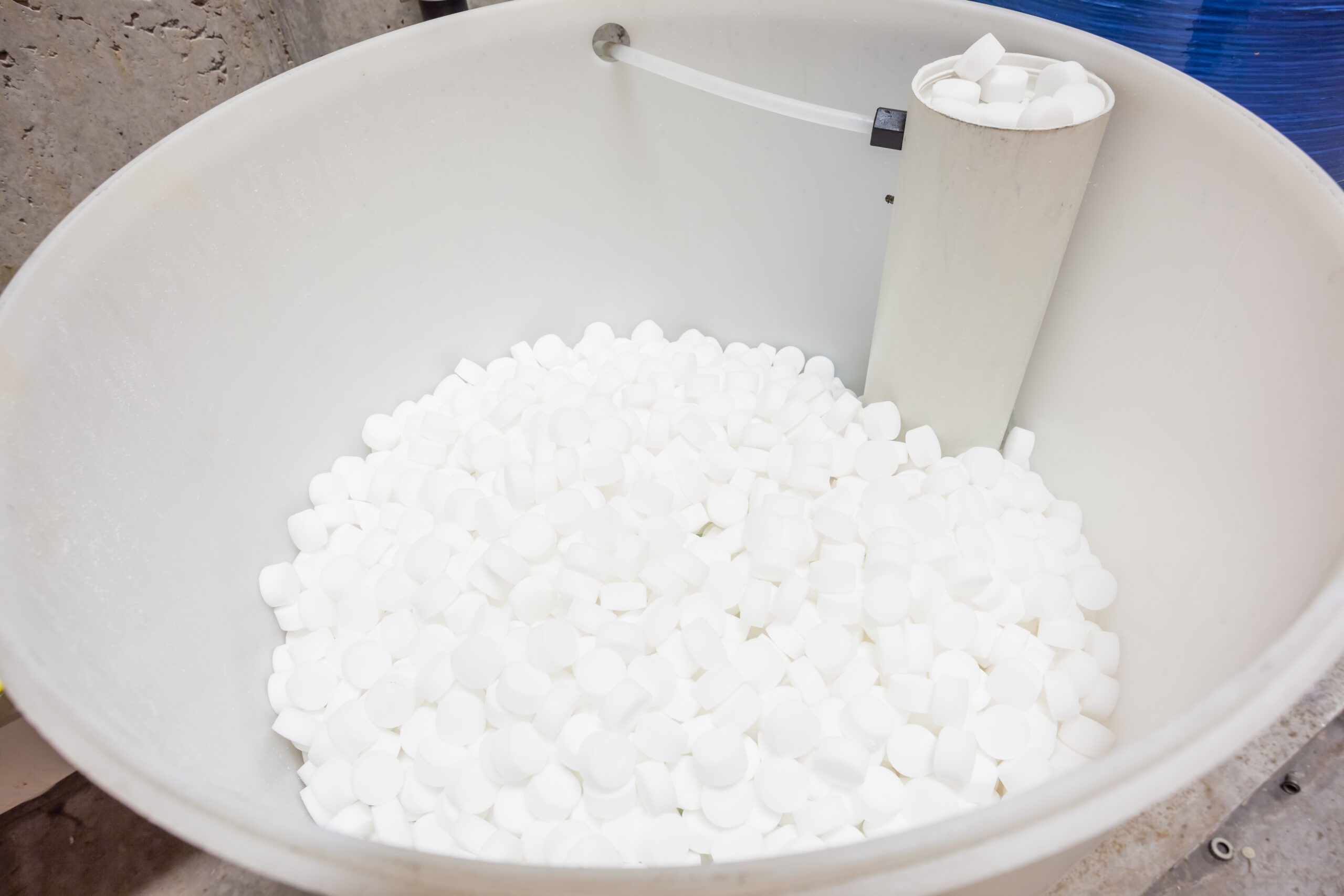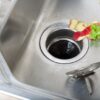Choosing the Right Water Softener Salt for You

Owning a water softener comes with routine salt checks and maintenance to keep the levels proper. However, many homeowners say their knowledge is limited when it comes to the salt options themselves. Understanding the functions of water softener salts and their effects will help you choose the right one for your home. Continue reading our blog to learn more.
HOW WATER SOFTENER SALTS WORK
While a variety of water softener salts are available, they can be broken down into two primary categories that essentially operate the same way during the water softening process. The two categories are sodium chloride and potassium chloride.
So, how do softener salts work? Softeners run hard water through a mineral tank containing negatively charged resin beads. There, the positive hard water ions bind to the beads to be removed and exchanged. The “softer” ions that replace the hard water ions and regenerate the resin beads are either potassium or sodium, depending upon which salt type you choose.
WHAT TO CONSIDER WHEN PURCHASING SOFTENER SALT
There are many things to consider when choosing a softener salt, however we believe the top three impacts to consider are your health, cost, and the environment. Let’s take a deeper dive into what this means:
- YOUR HEALTH: Individuals with high blood pressure should especially avoid sodium chloride softener salt because of the extra sodium intake. While our bodies require some sodium to function, the U.S. Food and Drug Administration (FDA) recommends that we limit our daily intake to 2,300 milligrams per day. Individuals with high blood pressure should opt for potassium-based salts for their home water softener to decrease sodium absorption.
- COST: Potassium chloride tends to cost more because of the difficult harvesting process. Although price tends to be higher, these salts can vary in price based on purity levels and harvesting methods. Cost tends to be a major reason potassium chloride is avoided.
- THE ENVIRONMENT: Sodium chloride softener salt produces sodium-heavy wastewater that can be harmful to the environment when it is discarded. As potassium is an important nutrient for vegetation, potassium chloride is the eco-friendly choice out of the two.
Understanding the differences between the primary types of water softener salt will help you make the decision that is right for your home. As both types of salt function the same, the deciding factor will come down to cost, your health, and environmental effects.
Robillard Plumbing offers professional water softener installation and repairs, along with a full range of plumbing services and products. Contact us to learn more.



